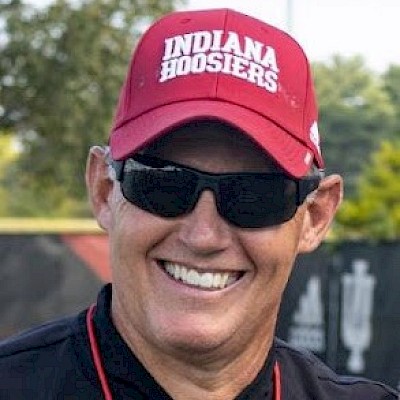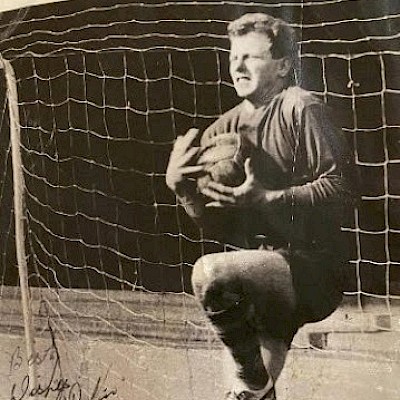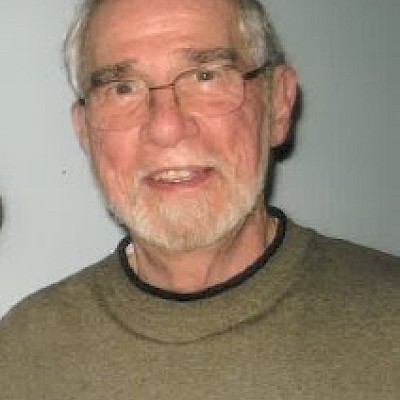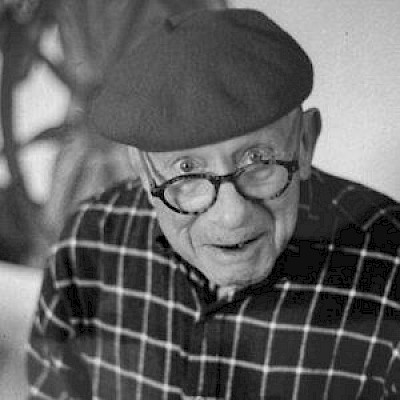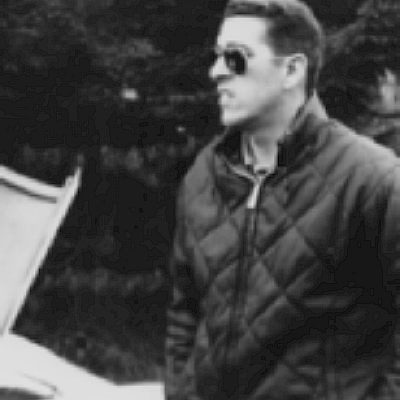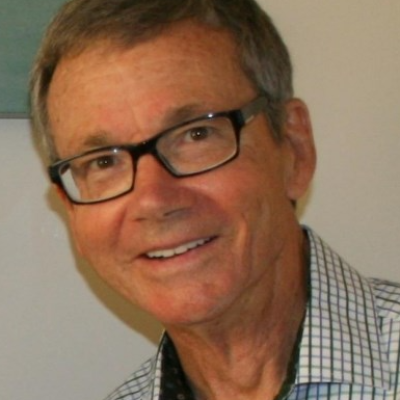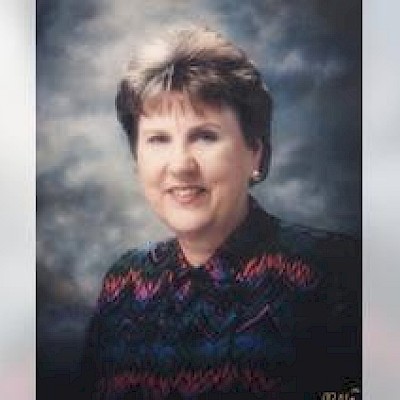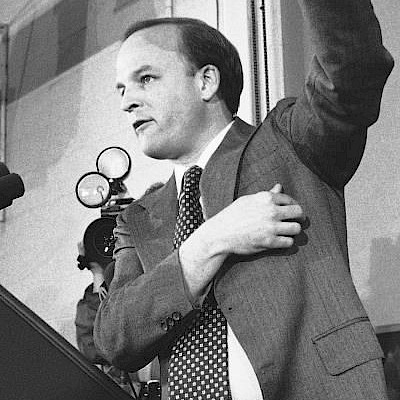
Dr. Dennis O'Leary
Dr. Dennis Sophian O'Leary passed away on January 29, 2023 in Kansas City, 85 years and one day after his birth in Kansas City's Menorah Hospital to writer/editor Theodore Morgan O'Leary and Mrs. Emily Sophian O'Leary of Fairway, Kansas. His maternal grandparents were internist Dr. Abraham Sophian Sr. and Mrs. Estelle Felix Sophian of Mission, Kansas. His paternal grandparents were University of Kansas professor of English Raphael Dorman ("R. D.") O'Leary and Mrs. Mathilde Hendricks O'Leary of Lawrence, Kansas.
Dennis was the top male academic graduate in his class of 599 students at his beloved Shawnee Mission High School in 1956. After earning his bachelor's degree in 1960 from Harvard College and his doctor of medicine degree in 1964 from Cornell University Medical College (of which Drs. Abraham Sophian Sr. and Jr. were alumni, classes of 1906 and 1941), he trained in internal medicine and hematology at the University of Minnesota Hospitals and Strong Memorial Hospital. He headed the blood coagulation unit in the hematology laboratory at the Walter Reed Army Institute of Research from 1969 to 1972, attaining the rank of major in the US Army.
In 1972, he joined the internal medicine faculty at George Washington University Medical School, being promoted to full professor by 1979. He loved administration and became dean for clinical affairs at GWU Medical Center in 1979, in which role he became nationally known as the calm, articulate
spokesman in the roiling aftermath of the assassination attempt on US President Ronald Reagan (March 30, 1981), who received his care at GWU Hospital.
The membership of the District of Columbia Medical Society elected Dennis - an academic teaching physician - as their president (1983–1984), during which time he helped guide the rational updating of the city's archaic hospital licensure laws. In 1985, leaders of the Am. Med. Assoc., Am. Hosp. Assoc., Am. Coll. of Surgeons, Am. Coll. of Physicians, and Am. Dental Assoc. persuaded Dennis to serve as president of the Chicago-based Joint Commission, the major US accrediting body of hospitals and other health care organizations. He served unswervingly for twenty-one years in that role, instilling a patient - centered ethic and leading difficult initiatives in performance measurement, continuous improvement, and patient safety.
Dennis always wanted to come home to Kansas City, which he finally was able to do in 2007. He rehabilitated his childhood house, adding a library to hold his late parents 15,000 books still stacked up floor to ceiling in most of its rooms. He was a devoted sports fan and expert crossword puzzle solver. He was a quiet but intense person with a beautiful resonant speaking voice, a quick droll wit, and a twinkle in his eye even during the tensest moments. He developed Parkinson's disease in 2013 and lived with it for ten years before succumbing to its ravages. His younger brother Theodore Morgan O'Leary Jr. pre - deceased him in 1972. He is survived by his wife of 42 years, Dr. Margaret Wiedman O'Leary and their children Margaret Rose and Theodore
Morgan II.Published by Chicago Tribune on Feb. 2, 2023.
•
Remembering Dr. Dennis O'Leary
Use the form below to make your memorial contribution. PRO will send a handwritten card to the family with your tribute or message included. The information you provide enables us to apply your remembrance gift exactly as you wish.


